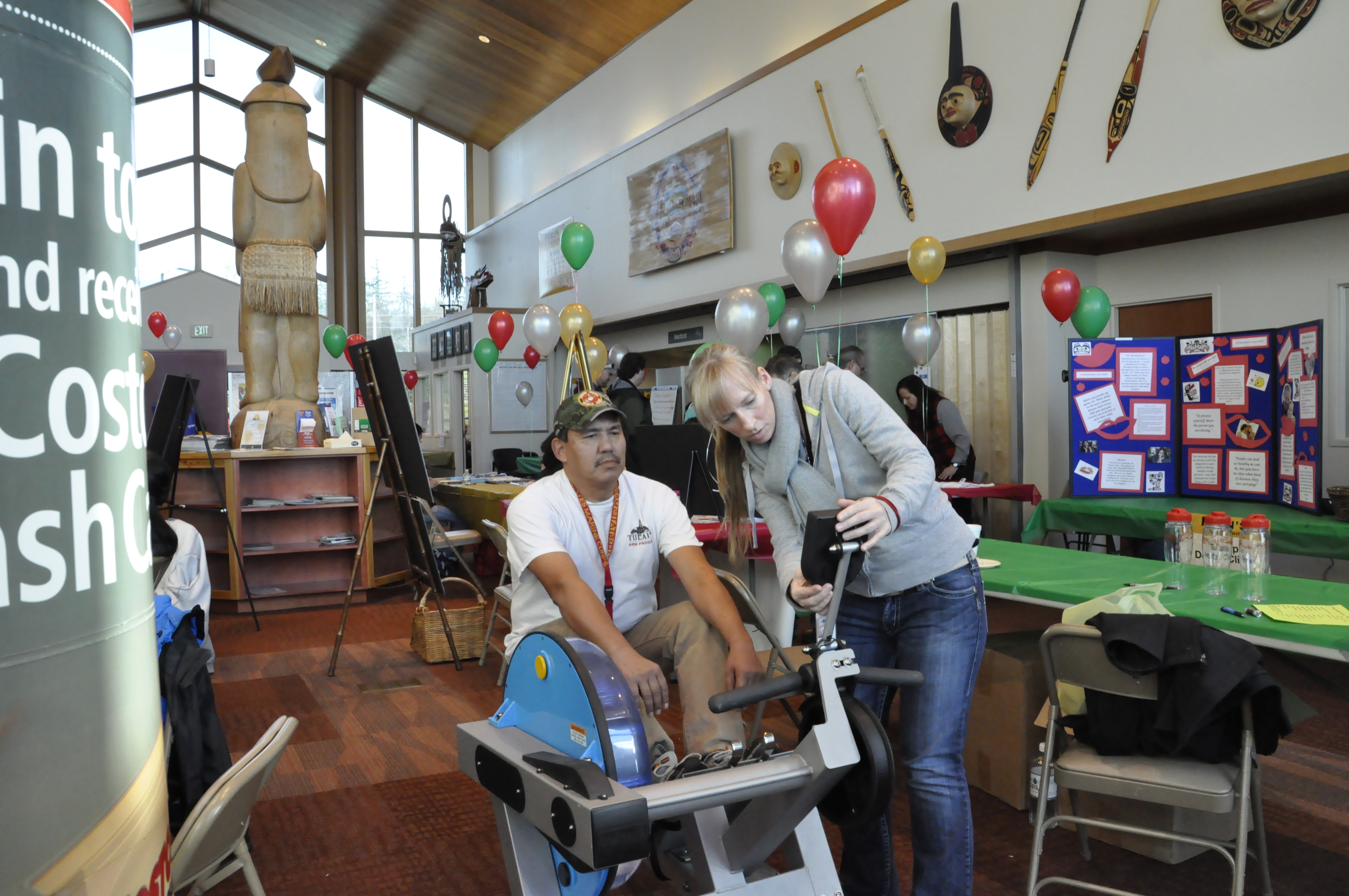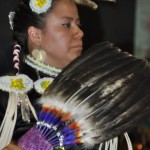 Press Release, Rob Capriccioso, Indian Country Today
Press Release, Rob Capriccioso, Indian Country Today
U.S. Sen. Maria Cantwell, D-Wash., is scheduled to become the first woman chair of the U.S. Senate Committee on Indian Affairs when the new session of Congress begins in January.
The Senate Democratic Steering Committee and Senate Majority Leader Harry Reid put out the official word on December 12, also indicating that Sen. Mark Begich, D-Alaska, and newly-elected Sen. Heidi Heitkamp, D-N.D., would be joining the committee.
The plans are subject to full Democratic caucus and full Senate approval.
Cantwell will replace a retiring Sen. Daniel Akaka, D-Hawaii, who has led the committee for the past two years
“I look forward to continuing to fight to support Washington state job growth and economic opportunity, through my service on the Commerce, Energy, Finance, Indian Affairs, and Small Business Committees,” Cantwell said in a statement.
“I am honored to be selected to chair the Senate Indian Affairs Committee, following the tremendous leadership of Senator Akaka. I am proud of my work with Washington state tribes, on issues such as self-determination, education, health care and environmental issues including salmon restoration. I would be proud to serve as the first female chair of the Senate Indian Affairs Committee.”
Indian observers were quick to praise the pick.
“She has about as strong a knowledge of Indian country and tribal sovereignty as anyone in the Senate,” said Navajo lawyer Chris Stearns, chair of the Seattle Human Rights Commission. “Her 2000 win over Indian fighter Slade Gorton was due to the Native vote, and she has never forgotten that. My guess is that Indian country will collectively shoot a hail of arrows into the sky if she takes the chair.”
Asked to compare Cantwell’s ability to lead the committee to that of Akaka, Stearns said: “Without taking anything away from Akaka’s 35-year legacy, Cantwell is a fighter, and she has already carved out a reputation as a tough critic and watchdog of both Wall Street and the energy industry. She was not afraid to take on Ted Stevens and Alaska delegation to block drilling in ANWR, incurring Stevens’ personal wrath and his unsuccessful attempt to open up Puget Sound to an armada of oil tankers. She has 29 tribes in her state with maybe a few more on the way.”
Stearns added that the planned line-up of the committee appears strong as well. “There is not a weak point at all in this line up—it’s all heavy hitters,” he said. “Everybody here is a pro and has deep ties and a background in Indian country.”
Holly Cook Macarro, a Red Lake tribal citizen and a lobbyist with tribal affairs firm Ietan, said Cantwell’s ascension has a “great feel” to it.
“Her defeat of Slade Gorton in 2000 signaled to the nation the power of the Native vote and motivated tribal nations across the country to similarly organize their communities,” Macarro said. “I am sure many tribal leaders are looking forward to joining forces with her leadership and advancing tribal issues in the new Congress.”
The full committee line-up follows:
INDIAN AFFAIRS – 113th
Daniel Inouye, D-Hawaii
Tim Johnson, D-S.D.
Maria Cantwell, D-Wash.
Jon Tester, D-Mont.
Tom Udall, D-N.M.
Al Franken, D-Minn.
Mark Begich, D-Alaska
Heidi Heitkamp, D-N.D.




















